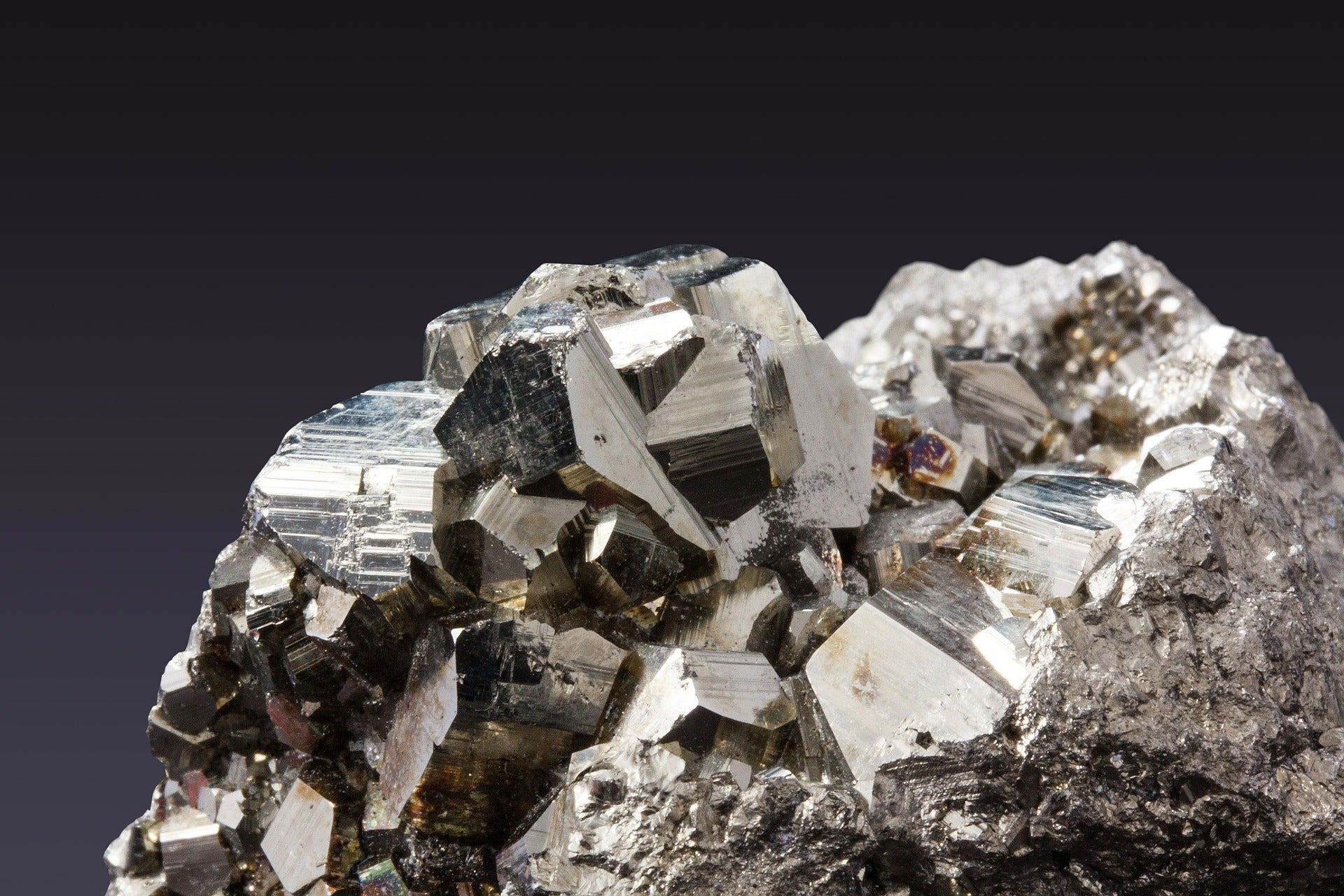
A US federal judge in Nevada has reportedly ruled that Lithium Americas can undertake excavation work at the $1bn Thacker Pass lithium project, decried over environmental concerns.
Chief Judge Miranda Du denied a request from environmental groups to halt excavation work at the site. These groups claimed that the work could adversely impact sage grouse and other wildlife, reported Reuters.
In May, the environmental groups filed a case seeking a preliminary injunction to prevent Lithium Americas from undertaking excavation work in the Thacker Pass site.
The environmental groups, which initially filed a lawsuit against the Thacker Pass lithium project in February, include Western Watersheds, Great Basin Resource Watch (GBRW), Basin and Range Watch (BRW) and Wildlands Defense (WD).
In the judgement, Du said that the digging could proceed to assess if the land holds historical import for Native Americans.
The judge also said that the land that will be impacted as a result of excavation is less than a quarter of an acre, whereas the Thacker Pass project will span nearly 18,000 acres.

US Tariffs are shifting - will you react or anticipate?
Don’t let policy changes catch you off guard. Stay proactive with real-time data and expert analysis.
By GlobalDataWestern Watersheds Project energy and mining campaign director Kelly Fuller has been cited by the news agency as saying: “We are disappointed in the court’s ruling allowing the company to dig up and remove cultural and historical artefacts.”
Du, however, expects to publish a decision on the case by early next year.
The Thacker Pass project is proposed to be developed in Humboldt County, below the Montana mountains, in northern Nevada.
It would be developed in two phases.
It is expected to have a production capacity of 60,000 tonnes per annum (tpa) of battery-grade lithium carbonate (Li₂CO₃) and 46 years of mine life.



